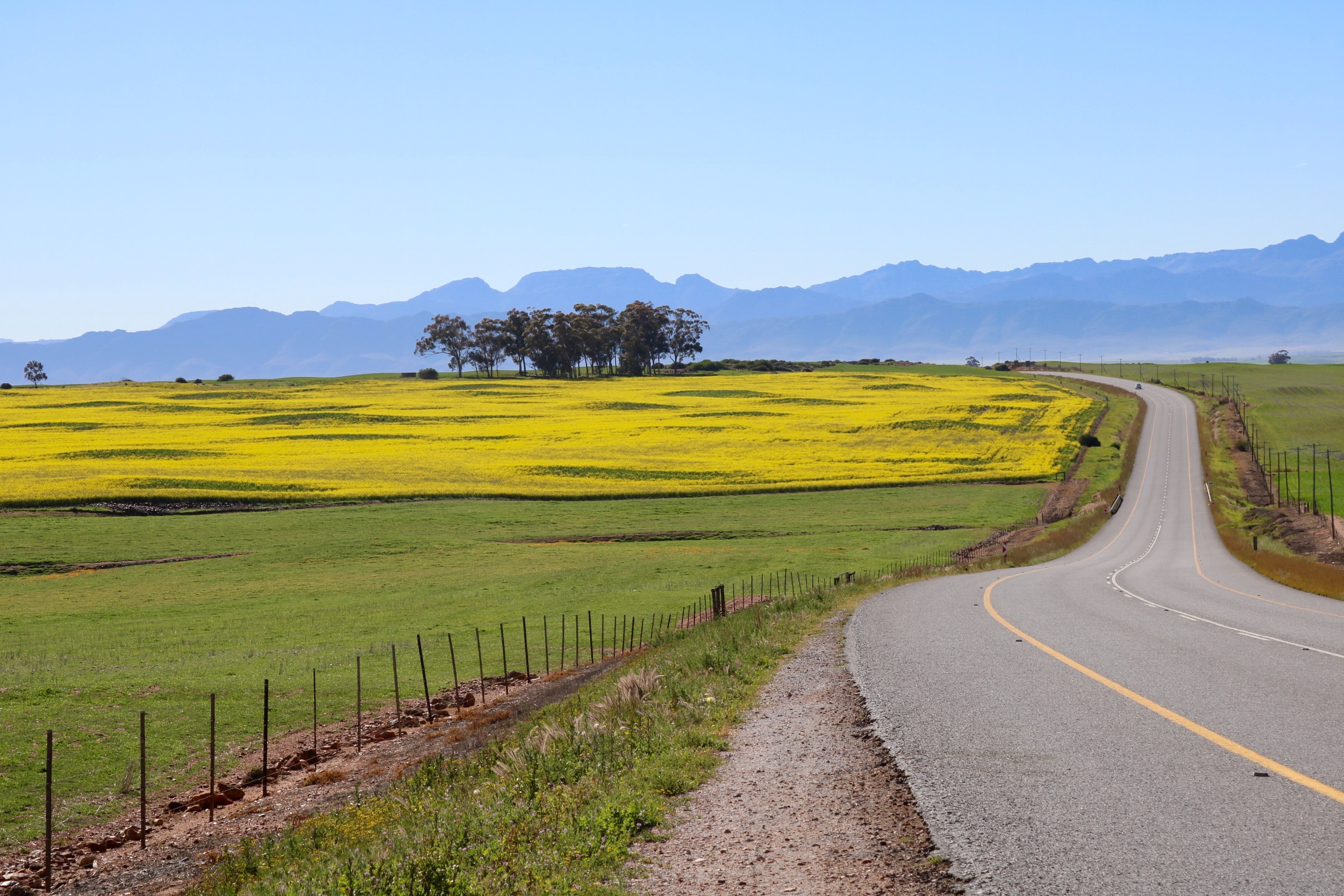 Canola is Australia’s third largest crop with 25 per cent of yields exported overseas. Picture: Pexels
Canola is Australia’s third largest crop with 25 per cent of yields exported overseas. Picture: Pexels
New University of Melbourne research has used ribonucleic acid (RNA) sequencing to understand the impacts of short-term heat stress on the productivity of canola plants, paving the way to the development of more heat-tolerant crops.
Canola is Australia’s third largest crop with 25 per cent of yields exported overseas. Globally, canola is the third most widely cultivated oilseed crop.
The research from the Faculty of Veterinary and Agricultural Sciences showed that short-term heat stress, such as heatwaves, causes serious damage to crops.
Lead researcher Dr Prem Bhalla said that the damage caused by heat stress was not limited to the fitness of the pollen, but that extreme weather events also impacted the yield of crops.
“We found that the pistil, the female reproductive part of the plant, was impaired when exposed to temperatures above 40 degrees Celsius for periods of 30 minutes or more.”
“As temperatures rise as a result of climate change and severe weather events such as heatwaves become more common, the need to develop heat resistant crops becomes more pressing.” Said Dr Bhalla.
The study involved growing Brassica napus var. Garnet (AV Garnet), a widely produced commercial variety in Australia, in a specially designed unit at the University of Melbourne Plant Growth Facility. A control group with temperatures of 23 degrees – 18 degrees (day/night) was set up and measured against plants that were exposed to 40 degree temperatures for a four hour period.
Heat stressed pollen and pistil were collected and analysed to assess the impact of heatwaves.
Pollen viability and germination were reduced by 25 and 10 per cent respectively when exposed to periods of high temperature, impacting overall seed set and yield.
The results of the study have helped to better identify the key components involved early in heat response and the canola crop’s response mechanisms. The researchers hope that this information and the data they have made accessible will enable further investigation and the development of more heat tolerant canola crops.
Read more on Pursuit.
















